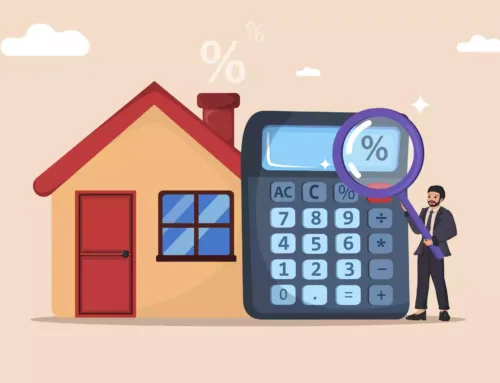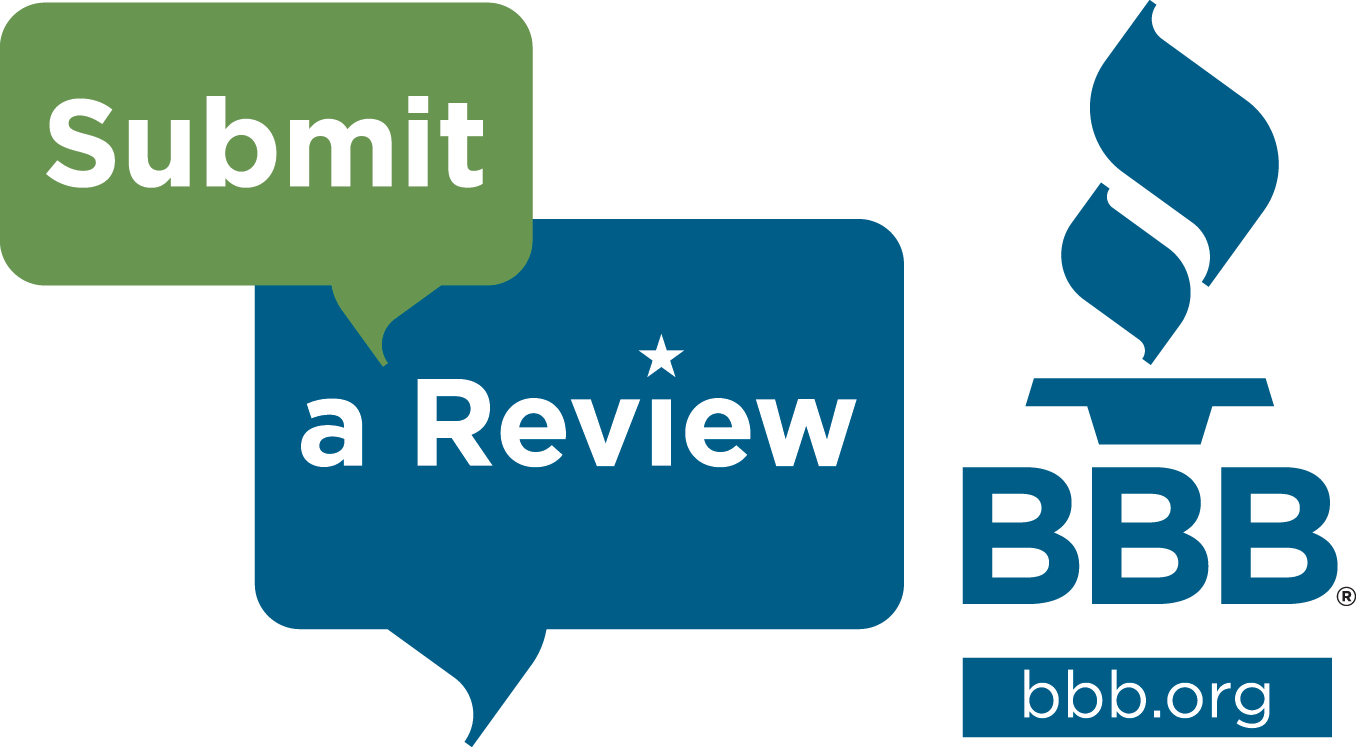Tips to Help Get Approved for a Mortgage
Mortgages can seem daunting. Pre-approval, credit scores, lenders and qualifying are all terms you hear that add to the stress of buying a home. The qualifications for a mortgage vary depending on the lender and the type of mortgage you want to get.
Generally, you will have to meet certain criteria for any lender before you can get approved for a loan. We’ve come up with a few things to consider that may help with the approval of your mortgage.
Proof of Income
You will need your W-2s from the past two years and recent pay stubs that show income as well as proof of your income-to-date. You will also need to include proof of any additional income such as alimony or bonuses and the two most recent years’ tax returns. These items will be a part of your pre-approval.
Pre-Approval and Pre-Qualification
A mortgage pre-qualification helps the buyer know an idea of the amount they can get a home loan for, but a pre-approval is a better choice because the lender will check the buyer’s credit and verify the documentation to approve a specific amount the buyer can work with.
Down Payment
Lenders hope you’ll put down 20% of the cost of your home when you buy a house, however, many people put down far less. Most conventional lenders require a minimum 5% down payment but some allow as little as 3% down if you’re a highly qualified borrower.
FHA loans are available with a down payment as low as 3.5% and VA loans don’t require any down payment at all unless the property is worth less than the price you’re paying for it.
If you put less than 20% down on a home with a conventional mortgage, you’ll have to pay private mortgage insurance (PMI). You will have to pay PMI until you owe less than 80% of what the home is worth.
Debt-to-Income Ratio
Your debt-to-income ratio is the amount of debt you have relative to income including your mortgage payments. To qualify for a conventional mortgage, your debt-to-income ratio is usually maxed at around 43%, with some exceptions. Smaller lenders may allow you to borrow a little bit more, while other lenders have stricter rules. FHA and VA guidelines for debt-to-income ratio are similar to the requirements for a conventional loan. Sometimes you can qualify with a higher debt-to-income ratio but you have to provide more proof of your ability to pay. If you owe too much, you’ll have to choose a less expensive house or pay down your debt.
Credit Score
Your credit score determines a lot about the approval for your loan. Your credit score shows your past payment history and borrowing behavior. Checking your credit score is one of the first things most lenders do. The higher your score, the more likely it is you’ll be approved for a mortgage and the better your interest rate will be.
A low credit score means you’ll pay more for your mortgage unless you refinance in the future. Try to raise your score as much as possible by paying down debt, making payments on time and avoid applying for new lines of credit in the time leading up to getting your loan.
Next Steps
You don’t have to figure this out alone. The loan officers at First Ohio Home Finance are here to help you from pre-approval to closing. Contact us today and let’s get started on your home buying journey.













